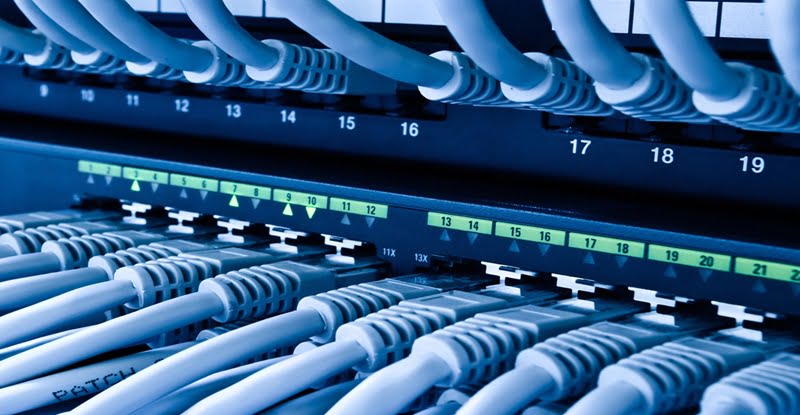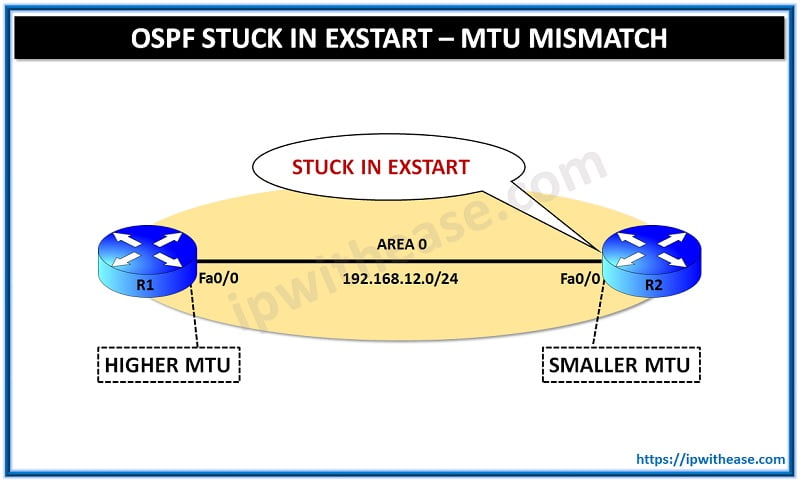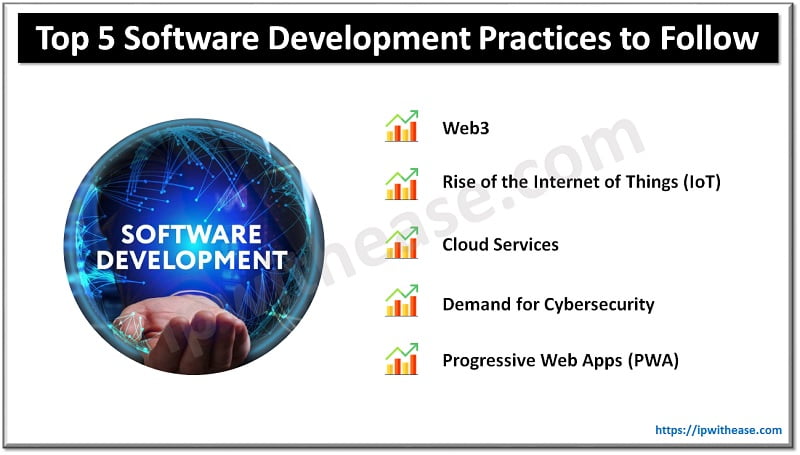Table of Contents
Both wired and wireless networks are essential in modern communication, each with its unique advantages and disadvantages. In this article, we will discuss the comparison of wired network vs wireless network in detail.
Wired Network
In the networking world, “Wired” as the name suggests refers to any physical medium connected through wires and cables. The wires/cables can be copper wire, twisted pair or even fibre optic. Wired connectivity is responsible for providing high security with high Bandwidth provisioned for each user.
In fact, Wired connectivity is considered highly reliable and incurs very low delay, unlike Wireless connectivity.
Related – Common Wireless Networking terms and concepts

image credit: Depositphotos
Advantages
- Speed and Stability: Generally faster and more stable connections due to direct physical links.
- Security: Harder to intercept than wireless signals, providing enhanced security.
- Interference: Less susceptible to interference from other devices or physical barriers.
- Latency: Typically lower latency, making them ideal for real-time applications like gaming or video conferencing.
Disadvantages
- Mobility: Lack of mobility; devices are fixed to their physical connections.
- Installation: Can be cumbersome and costly to install and maintain, especially over large areas.
- Flexibility: Difficult to reconfigure or expand as it involves laying more cables.
Wireless Network
“Wireless” as the term refers, uses air as a medium to send electromagnetic waves or infrared waves. Wireless devices have antennas for communication. Wireless connectivity provides a major benefit of user mobility and ease of deployment. Wireless becomes more useful in areas where Wires can’t be reached.
Related – Ad Hoc Wireless Network & Its Types
Advantages
- Mobility: Allows users to connect from anywhere within the network range, providing great flexibility and convenience.
- Installation: Easier and cheaper to install, especially in areas where running cables is impractical.
- Scalability: Simple to expand or modify the network by adding more wireless access points.
Disadvantages
- Speed and Stability: Often slower and less stable than wired connections due to signal interference and distance from access points.
- Security: More vulnerable to security breaches, such as unauthorized access or eavesdropping.
- Interference: Susceptible to interference from other electronic devices, physical obstructions, and even weather conditions.
- Latency: Can have higher latency compared to wired networks, which may affect performance for real-time applications.
Though wireless connectivity is less secured and higher delay than wired connectivity, it is still preferred communication technology for customers. Wireless also earns low Installation cost in contrast to wired connectivity.
Comparison: Wired Network vs Wireless Network
The following table denotes & explain the difference in both wired and wireless network –
| PARAMETER | WIRED | WIRELESS |
| Communication Medium | Copper, Fiber etc. | Air |
| Standard | IEEE 802.3 | 802.11 family |
| Mobility and Roaming | Limited | Higher |
| Security | High | Lower than Wired. Also easy to hack |
| Speed / Bandwidth | High Speed upto 1 Gbps | Lower speed than Wired Network. |
| Access to Network | Physical Access Required | Proximity Required |
| Delay | Low | High |
| Reliability | High | Lower than Wired |
| Flexibility to change | Less flexible to changes | More flexible configuration |
| Working principle | CSMA/CD, operates by detecting the occurrence of a collision. | CSMA/CA , hence reduces possibility of collision be avoiding collision from happening |
| Interference and Fluctuations vulnerability | Very Less | High |
| Installation activity | Cumbersome and manpower intensive | Less labor intensive and easy |
| Installation Time | Takes longer time to perform | Very less deployment time |
| Dedicated / Shared Connection | Dedicated | Shared |
| Installation Cost | High | Low |
| Maintenance (Upgrade) cost | High | Low |
| Related equipment | Router, Switch , Hub | Wireless Router, Access Point |
| Benefits | * Greater Speed * Higher noise immunity * Highly reliable * Greater Security | * No Hassles of Cable * Best for mobile devices * Greater mobility * Easy installation and management |
Please refer the downloadable PDF format comparison table.
Use Cases: Wired vs Wireless
Wired Networks: Best suited for environments where stability, speed, and security are critical, such as in corporate offices, data centers, and gaming setups.
Wireless Networks: Ideal for places where mobility and ease of installation are priorities, such as homes, cafes, schools, and temporary setups like events.
Hybrid Networks
Many modern setups use a combination of both wired and wireless networks to balance the benefits of both. For instance, a business might use wired connections for desktops and servers, while providing wireless access for laptops, smartphones, and guest devices.
You can also watch related video for better understanding:
Continue Reading:
Networking Scenario Based Interview Questions
ABOUT THE AUTHOR

I am here to share my knowledge and experience in the field of networking with the goal being – “The more you share, the more you learn.”
I am a biotechnologist by qualification and a Network Enthusiast by interest. I developed interest in networking being in the company of a passionate Network Professional, my husband.
I am a strong believer of the fact that “learning is a constant process of discovering yourself.”
– Rashmi Bhardwaj (Author/Editor)



